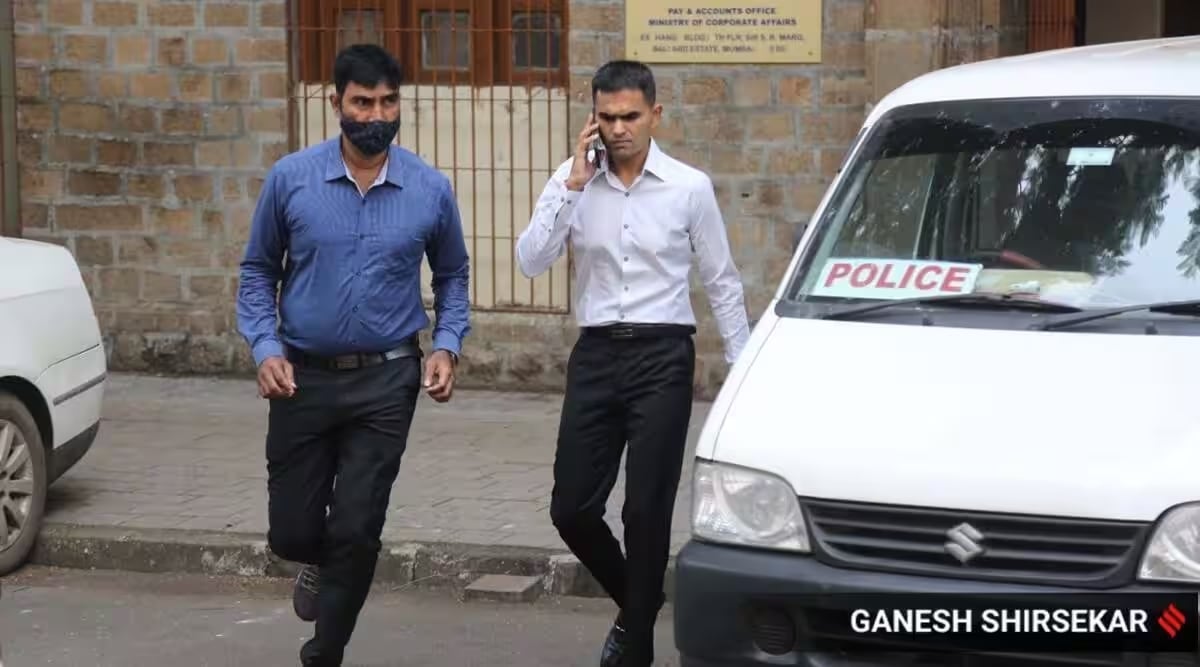 |
|
The Bombay High Court recently witnessed the culmination of a legal battle stemming from a complaint filed by Indian Revenue Service (IRS) officer Sameer Wankhede against Nationalist Congress Party (NCP) leader Nawab Malik. The Mumbai Police, after a thorough investigation, decided to file a C-summary report, indicating a lack of sufficient evidence to proceed with the case. This decision effectively closes the chapter on a high-profile case that had drawn significant media attention and highlighted the complexities of legal proceedings involving public figures and accusations under the Scheduled Castes and Scheduled Tribes (Prevention of Atrocities) Act.
The initial FIR against Malik was registered in 2022, a day after a caste scrutiny committee exonerated Wankhede in a separate controversy regarding his caste certificate. This timing is crucial in understanding the context of Wankhede's complaint, which alleged defamation and violations of the SC/ST Act. The registration of the FIR immediately following the exoneration suggests a potential retaliatory element, prompting a deeper look into the motivations behind the complaint and the subsequent investigation.
The Mumbai Police's decision to file a C-summary report signifies that their investigation revealed an absence of evidence supporting the allegations leveled by Wankhede. A C-summary report is typically filed when the investigating agency concludes that there is insufficient evidence to either prove or disprove the accusations. This nuance is vital to understanding why the police did not simply dismiss the case outright, instead opting for a C-summary, which allows for the complainant to challenge the finding in court. This procedural aspect underscores the importance of due process and the right of the complainant to pursue legal avenues even in the face of a closure report.
Wankhede, represented by senior advocate Rajiv Chavan and advocate Sana Raees Khan, had previously argued in court that the Goregaon police station in Mumbai had failed to conduct a proper investigation and had not pursued custodial interrogation of Malik due to his political influence. This assertion raises important questions about the impartiality of the investigation and the potential impact of political pressures on law enforcement. While the court ultimately disposed of Wankhede’s plea in light of the police statement about the C-summary, the concerns raised by Wankhede's legal team regarding the thoroughness of the police investigation should still be considered and discussed.
The addition of charges under Section 3(1) q and r of the SC/ST Act (giving false and frivolous information and intentionally insulting a member of the SC/ST community) against Malik further complicates the narrative. The fact that these charges were added and then later deemed unsubstantiated during the investigation highlights the complexities and challenges of investigating such cases, where the burden of proof lies heavily on the prosecution. It also suggests the need for careful consideration and thorough investigation before registering cases under the SC/ST Act to avoid potential misuse and abuse of the legislation.
The court's decision to dispose of Wankhede's plea does not, however, constitute an endorsement of the police's actions. The order explicitly states that the court did not delve into the merits of Wankhede's complaint or the police investigation. This carefully worded statement preserves the rights of Wankhede to pursue further legal recourse, while also acknowledging the police's conclusion of the investigation. The clarity of the court's stance is crucial in preventing misinterpretations of the court's decision and ensuring transparency in the legal process.
The case highlights the delicate balance between protecting individuals from false accusations and ensuring that accusations of serious offenses like those under the SC/ST Act are investigated thoroughly. The C-summary report, while effectively closing the police investigation, does not necessarily signify an absolute end to the legal dispute. The complainant retains the right to challenge the closure, potentially leading to further legal proceedings. The outcome of this case will serve as a precedent and contribute to discussions about the application and enforcement of the SC/ST Act in situations involving high-profile individuals and complex allegations of defamation.
Finally, this case serves as a reminder of the challenges involved in investigating allegations against influential individuals. The concerns raised regarding potential political influence on the police investigation underscore the importance of maintaining the integrity and independence of law enforcement agencies. Ensuring that all individuals, regardless of their political standing, are subject to the same standards of justice remains a critical aspect of a fair and equitable legal system. Further scrutiny into how the police handled this case, especially regarding the initial allegations and the subsequent finding of insufficient evidence, is warranted to maintain public trust in the system’s effectiveness and impartiality.
